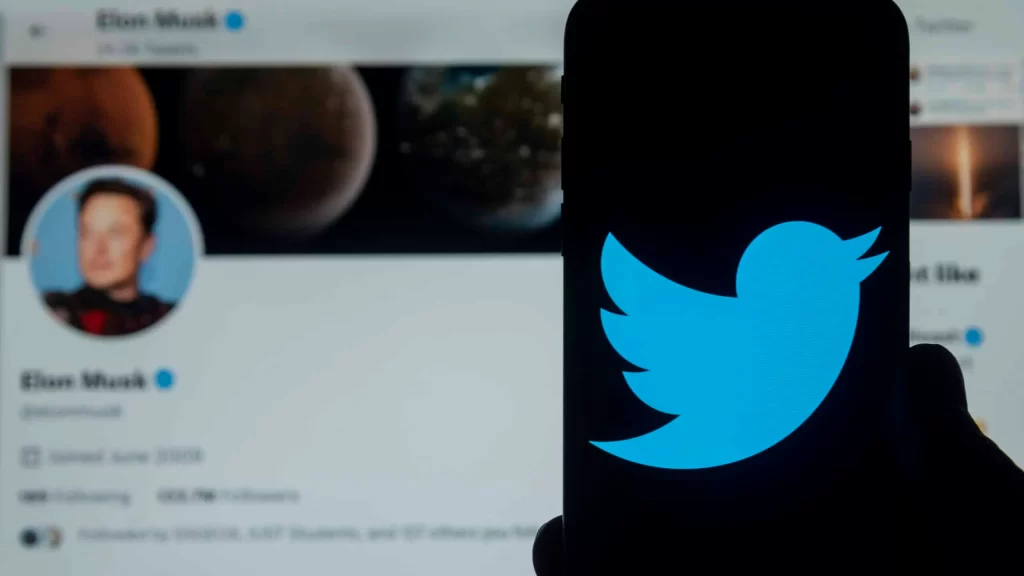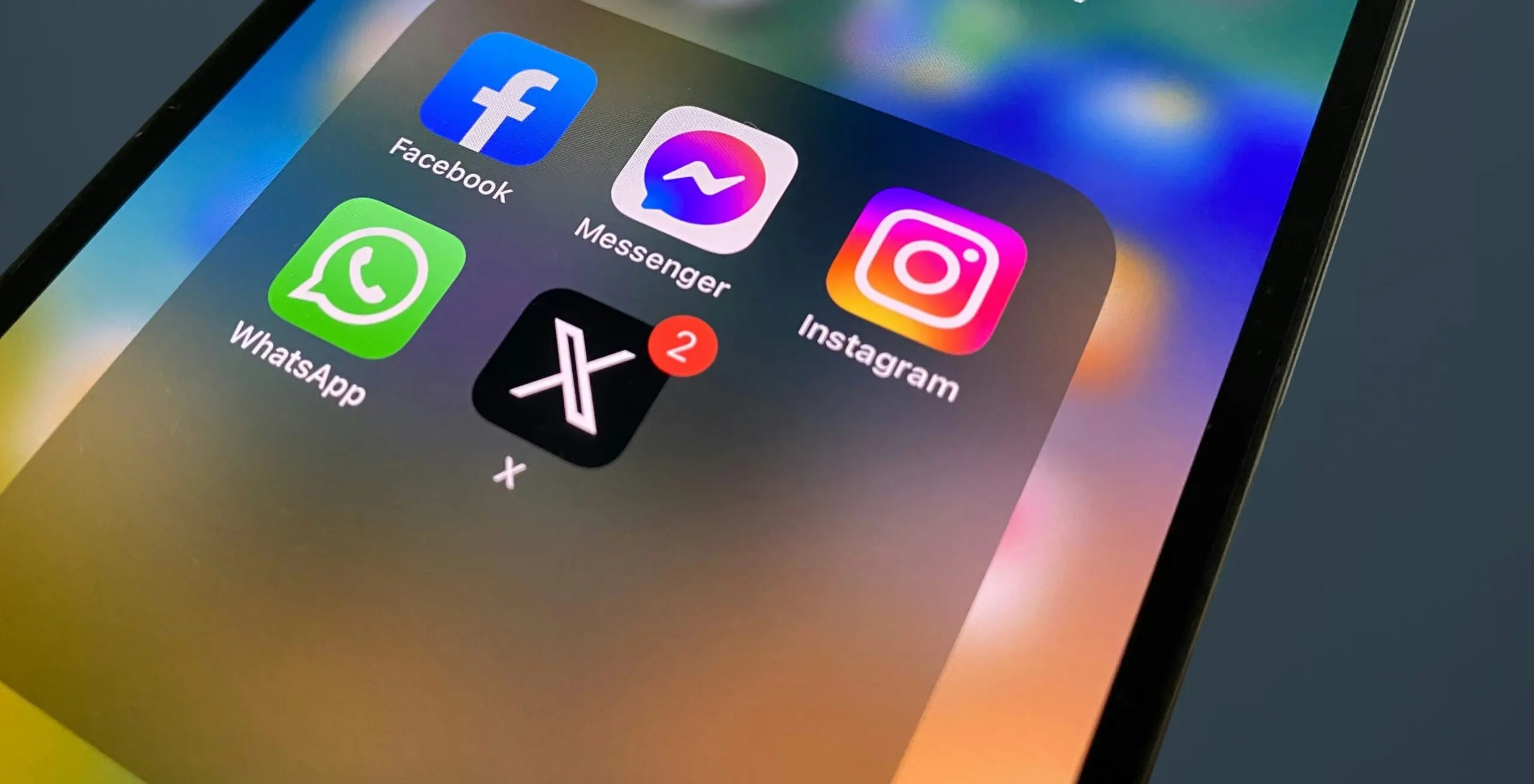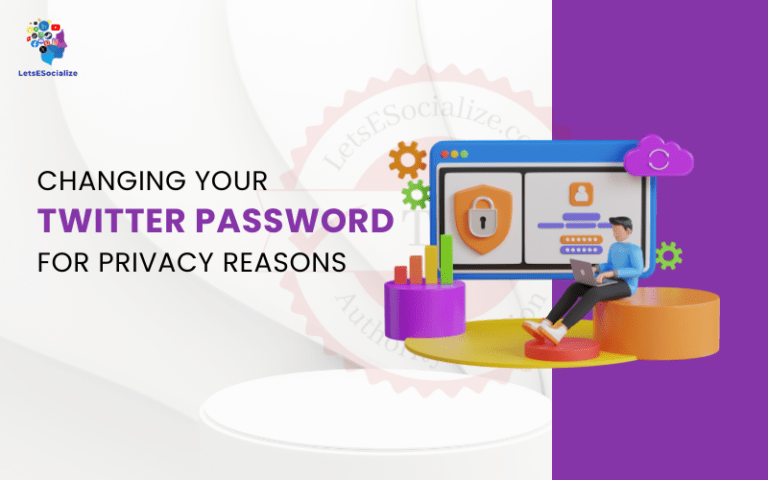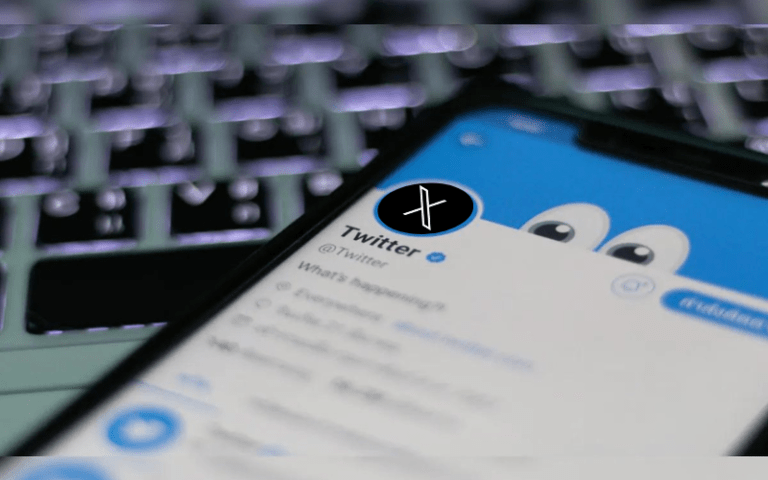In the past few months, several major News Organizations Are Leaving Twitter or drastically reducing activity on the platform.
CNN said it would no longer regularly post content on Twitter and would instead encourage readers to visit CNN.com or watch CNN on television. MSNBC also said it was reassessing how much content to share on Twitter following Elon Musk’s takeover.
Other outlets like The New York Times, Washington Post, Vox Media, and Buzzfeed have taken similar steps to limit Twitter usage and posting frequency.
This exodus stems from concerns over misinformation, lack of moderation, and questions about Twitter’s future under Musk’s leadership. Journalists and media companies are worried about their reputations and brands being harmed by an uncontrolled platform.

But what about individuals who use Twitter as a news source? Should regular people also consider leaving Twitter? Let’s weigh the pros and cons.
Why Quitting Twitter Makes Sense
There are reasonable arguments for quitting Twitter as an individual news consumer:
- Less misinformation – Without moderation, misinformation may run rampant. Quitting Twitter reduces your exposure to false claims and conspiracy theories masquerading as “news.”
- Avoid negativity – Twitter can harbor divisiveness, outrage, and toxic conversations. Leaving may improve your mental health.
- Improve news diet – Twitter encourages fast news snippets and “hot takes.” You may intake higher quality news off the platform.
- More balanced perspectives – Your Twitter feed may create ideological echo chambers. Getting news elsewhere exposes you to more varied perspectives.
- Data privacy – Twitter faces ongoing criticisms about user data privacy and security. Departing lessens data harvesting from you.
- Less distraction – For many, Twitter can be an addictive distraction. Leaving frees up more time and attention.
Also Read – New AI Model Developed to Detect Extremist Users and ISIS Content on Social Media
Reasons to Stay on Twitter
However, there are also benefits for individuals who rely on Twitter for news:
- Breaking news – Twitter allows getting real-time alerts and updates on breaking news from journalists.
- Customization – You choose who to follow and can curate news to your interests. Other social networks have less flexibility.
- Accessibility – If used carefully, Twitter makes tons of news accessible in one place. This convenience keeps many users hooked.
- News discovery – Journalists break news on Twitter first before stories are published elsewhere. The platform is a key place to discover emerging news.
- Direct access – Users can engage directly with news outlets, journalists, experts, and politicians on Twitter. That access disappears if you leave.
- Trend awareness – Hashtags and Trending Topics keep you aware of current viral news stories permeating the zeitgeist.
- Community – Many find their niche communities on Twitter based on shared interests, issues, or identities. These can supplement your news intake.
So What Should You Do?
There are good-faith arguments on both sides. Here are a few factors to consider when deciding whether to leave Twitter as a news consumer:
- How much does misinformation on Twitter bother you? Are false claims and conspiracies harmful to your news diet?
- Do you feel more anxious, outraged, or offended after being on Twitter? Or do the benefits outweigh these negatives?
- How much do you rely on Twitter news for real-time updates versus analysis and context?
- Does your Twitter usage feel more addictive or distracting than productive?
- Are you able to cultivate a nuanced news feed on Twitter based on smart curation of who you follow?
There are no universally right answers. One suggestion is to take a Twitter break and see how it impacts you after a month. Does your mood and news consumption feel healthier? If so, staying off the platform may be wise.
But you also don’t necessarily have to fully quit Twitter. Other options include remaining but muting inflammatory accounts, limiting time on the app, turning off notifications, avoiding comments or replies, and diversifying your news sources.
Like most things, moderation and balance are ideal. Be conscientious about curating your Twitter news experience. And supplement Twitter with quality journalism from outside the platform as well.
The risks of misinformation and polarization on Twitter are real. But used carefully, Twitter also offers efficient access to critical news and direct community engagement with issues.
As with most technologies, the positives or negatives come from how we choose to use Twitter. Be an empowered agent in designing your ideal news diet across multiple platforms.
Also Read – Elon Musk’s X to Hire 100 Employees for Content Moderation







